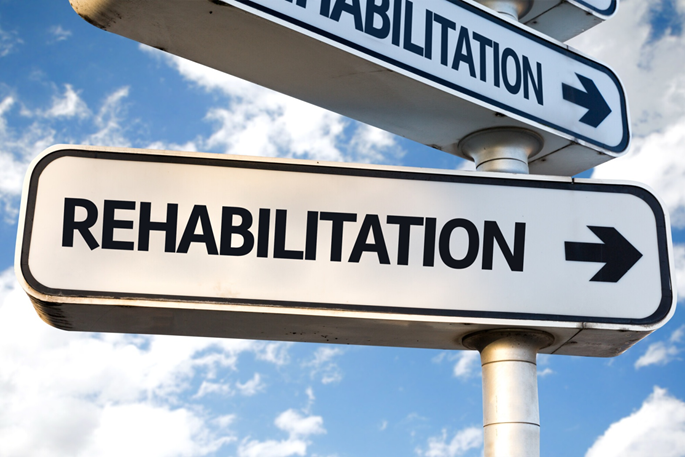Top 3 Factors to Consider When Choosing Alcohol Treatment Programs

Are you looking for a treatment or rehab program for alcohol addiction?
Good for you! You should feel proud of yourself because taking this first step to becoming sober is no mean feat.
If it helps, know that you’re not alone. 14.5 million people ages 12 and older suffer from alcohol use disorder (AUD). However, only 7.2 percent of them have sought and received treatment.
What do you consider when choosing alcohol treatment programs? Some people with addiction to alcohol falter at this part. On top of dealing with alcohol dependency, it’s easy to feel overwhelmed about the various treatment program options.
If you’re feeling confused or frustrated about choosing the right alcohol addiction treatment center, this article is for you. Here are some tips to help you find the right program for your needs.
1. It Starts With Getting an Evaluation
It’s essential to answer this question first. Do you even need treatment?
A drug and alcohol evaluation will determine if you need alcohol or drug treatment. It’s a consultation that looks at your personal and work history, attitude, emotional stability, and other factors. Based on the results of an interview and several assessment tools, they may (or may not) recommend treatment and how much you need.
One helpful tip: tell your evaluator upfront that you’re going to another facility for treatment should you need it. That way, you can get a fair evaluation that’s free of bias.
2. Choosing Alcohol Treatment Programs That Suit Your Needs
There are many rehab and alcohol treatment approaches, so it’s best to narrow down your choices by answering several questions.
The first is, do you need inpatient or outpatient treatment? In an inpatient setting, you’ll have to stay at the facility, while for outpatient, you can go home after a day of treatment. While inpatient rehab is more intensive and focused, it’s typically more expensive and may disrupt your daily routine.
The next question is, what kind of treatment approach does the facility use? It’s vital to know if the provider offers medication, counseling, or both and if they’ll also address your concurrent mental health issues. Is the treatment program tailored to each individual, or do they use the same approach for every patient?
Finally, how much can you afford? Review your health insurance to figure out how much it will cover and how much you’ll have to pay out of your own pocket. If you’re staying at an inpatient facility, how long will you be staying there, and how much are the daily expenses?
3. Assessing Your Treatment Goals
Each program has its own way of measuring treatment success. It’s one thing to be addiction-free for days, weeks, or months, but the underlying cause of your addiction should also be investigated. Does the program do something to help you understand the reason for your alcohol dependence and give you a strategy on how to confront it?
Even if you successfully become sober after the program, relapse is very common. Some programs even treat relapse as part of the process. You’ll want to learn about how the program approaches and handles relapse.
On the Road to Sobriety
Getting back on the wagon begins with choosing alcohol treatment programs that suit you best. Hopefully, you can use the tips and advice in this article to help you on your road to recovery. Get well and get your life back on track!
For more health tips, feel free to browse our site.






